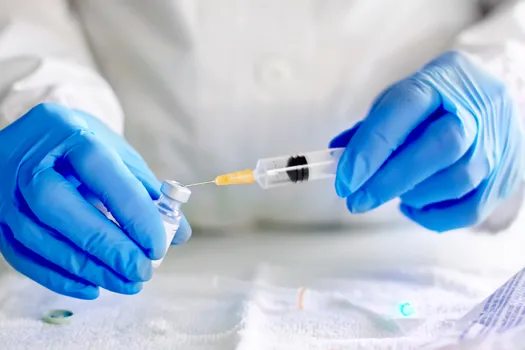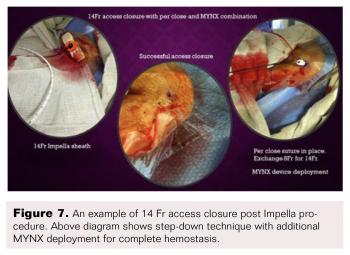Chris Nelson

Much attention is focused on implantable cardioverter-defibrillator (ICD) detection of ventricular arrhythmias. Here, we present several cases of patients who received therapy (appropriate or otherwise) and who continued to receive additional therapies for arrhythmias that had apparently stopped and restarted.

Americans who live in counties deemed “socially vulnerable” based on census variables are more likely to die from cardiovascular disease before age 65, according to new research published today in the American Heart Association’s flagship journal Circulation.
The COVID-19 pandemic has exposed problems within U.S. health care systems that would be prudent to address now before another medical crisis surfaces, experts cautioned during a recent webinar hosted by U.S. News & World Report.

Antibody levels may wane after 7 months for people who got the Pfizer-BioNTech vaccine, according to a new study published on the bioRxiv preprint server.

Abbott has announced that the US Food and Drug Administration (FDA) has approved the company’s Amplatzer Talisman PFO Occlusion System to treat people with a patent foramen ovale (PFO)—a small opening between the upper chambers of the heart—who are at risk of recurrent ischaemic stroke.
The US Food and Drug Administration (FDA) has approved Abbott’s Epic Plus and Epic Plus Supra Stented Tissue Valves to boost treatment options for individuals with aortic or mitral valve disease.

When a modified surgical technique was used to gently remove sections of leg veins used in coronary artery bypass surgery, the grafts were less likely to become blocked and fewer people had a recurrence of heart-related chest pain, according to new research published today in the American Heart Association’s flagship journal Circulation.

Radial access has been shown to improve outcome by not only lowering the risk of bleeding during coronary intervention, but also by improving mortality in STEMI patients. Dealing with tortuous arteries requires a level of experience that can be obtained by using radial access in older female patients during elective cases and building a protocol […]

As the advancements of catheter-based technology continue to evolve, the use of large bore access is growing to accommodate different procedures. In doing so, it cannot go unspoken that the operator must recognize the burden of postprocedural vascular access closure complications and their burden on the hospital, the patient, and the cost of care.

More than 100 operators from 50 countries have teamed up to develop a unique algorithm for crossing chronic total occlusion (CTO) lesions, with the aim of standardizing techniques and helping operators learn how to manage these difficult-to-treat lesions.
Stay Up-To-Date on jobs and industry news.
Sign up for the CathLab.com newsletter today!

